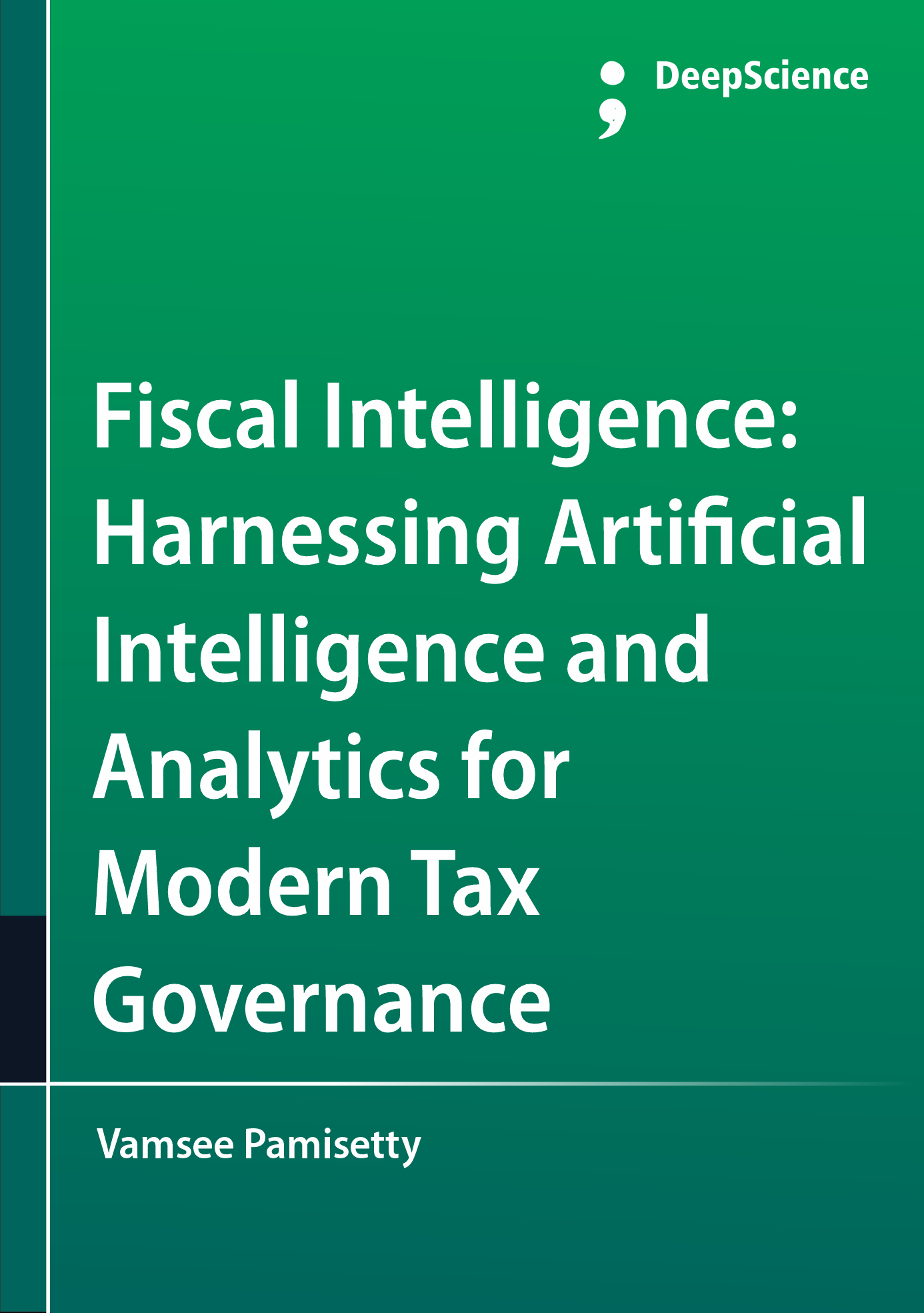Building scalable and secure tax administration infrastructure using cloud computing platforms
Synopsis
Large, formal organizations are created to implement public policies chosen by the people through their representatives, including tax policies. Taxes represent a compelling share of any nation's gross domestic product. Therefore, ensuring a favorable environment for achieving tax compliance becomes vital for the economic health of any nation, especially when the efficiency of the tax administration is increasingly questioned by the representatives of the people. Modernity and civilization require that these large organizations operate efficiently and with the lowest possible cost to their citizens. Government tax agencies must put measures in place to make tax compliance more accessible and aid users to understand the tax code and comply with it, helping to avoid burdensome costs that do not represent a real benefit for society as a whole. These measures must be based on modern science and best practices in the area of public management. Currently, countries have a pool of feasible alternatives at their disposal, particularly information and communication technologies. The use of technology is essential to develop a good tax administration unit capable of securing mandatory payments required for the provision of public services by local, state, or federal governments.
Despite a few exceptions, all countries use communications and information technology nowadays. Out of the several areas in which IT has been successfully implemented, the tax sector stands out, thanks to the convenience that both tax agencies and taxpayers take from the implementation of IT in tax-related tasks. However, only a few studies have tried to assess the influence of the degree of tax agency information on taxpayers' tax compliance. The aim of the present study is to analyze the influences and incentives that a tax authority may provide to taxpayers through the informatization of tax services and the potential consequences of the availability of tax services on taxpayers' compliance with tax duties. This paper discusses how online tax compliance cross-border transactions information requested by tax authorities and sent by taxpayers, as well as cross-border transactions information received by taxpayers and sent to tax authorities influences the taxpayer's balance that favors tax compliance.













